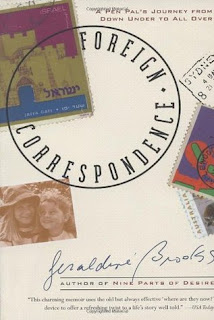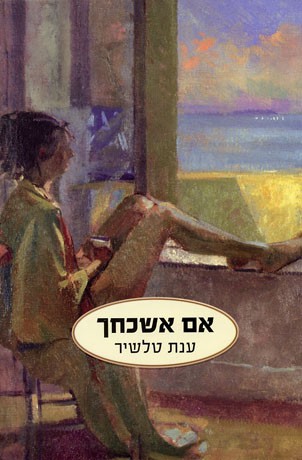I have a long lasting love affair with Ephraim Kishon. It started in secondary school which is about the age of ten in Germany. I had a wonderful German teacher who is probably responsible for my love of languages, well, party. But the one thing I will always remember him for, he would always read us a couple of Kishon stories before the holidays. If we had German on the last day before we broke up, that's what we would get. I was always hoping to have German on that last day.
Because, our teacher would read us a story by his favourite author. Ephraim Kishon. Born 1924 in Budapest. Being Jewish, he was brought into several concentration camps during World War II but managed to escape during a transport and thus survived the Holocaust.
Despite his sad story, Ephraim Kishon became one of the most famous satirists, at least in Germany. People loved him. I have seen him in several interviews where he would always talk in his quiet way, in perfect German with a lovely slight Hungarian accent that made him even more lovable.
Over the years, I have read many of his books, they are usually short stories you can read in a couple of minutes but every single one of them is fabulous. They often include his family (Sara, "
The Best Wife of All" and the children Rafi, Amir and Renana) but most of all he talks about the "
little man" from the street, the guy next door, he makes fun of everyone but most of all of himself.
Some of his books have been turned into movies. "
The Blaumilch Canal" (also known as "
The Big Dig") received a Golden Globe.
I love his stories. Several of them are available in English. If you want a laugh, give him a chance. Here is a first example, one of his quotes: "
When you start to look like your passport photo, you should go on holidays."
Sadly, Ephraim Kishon is no longer with us. He passed away in 2005 in Switzerland.
These are some of his books in English:
His reputation precedes him - 1953 (Play)
Thousand of Gadia and Gadia - 1954
Black on White - 1957 (Play)
Do not worry - 1957
It all depends - 1958
No word to Morgenstein - 1960 (Play)
He and She - 1963
Somersaults - 1964
Bone in the throat - 1966
So sorry we won! - 1967
Take the plug out - 1968 (Play)
For - 1970
Oh, winners - 1970
Department of Ephraim Kishon - 1972
Oh, oh, Juliet - 1972 (Play)
My Family Right or Wrong - 1977
Family Book - 1980
Seven Comedies - 1981
Satire book I - 1981
Satire book II - 1991
Satire book III - 1992
Hairy, hell - 1998
Book of Travels - 2003
Open for renovation - 2004 (Play)
Picasso's sweet revenge - 2004
The Policeman - 2009 (Play)
I just read
"
Kein Applaus für Podmanitzki. Satirisches" [
No Applause for Podmanitzki] - 1973
































